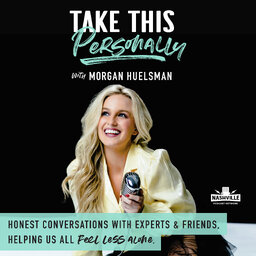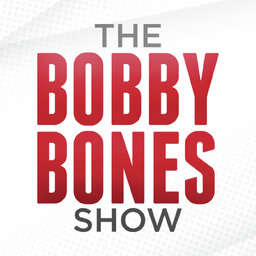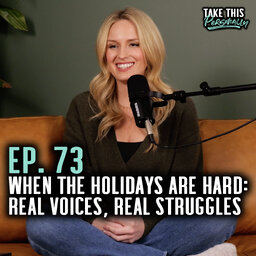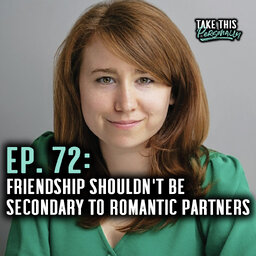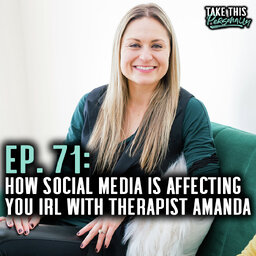Two Things Can Be True, Stepping Into Love, & Dealing With Bullies
Morgan brings on two guests this week. First is professor and therapist Dr. Alexandra Solomon, who has been studying relationships for over two decades. They discuss why grief is synergistic, the importance of stepping into love, why two opposite things can be true at the same time, and how to have high quality relationships. Then country artist Kylie Morgan stops by to talk about the beginning stages of her career, her experience with bullies in high school, and why she went to couples therapy with her now husband when they started dating.
If you liked this episode, please rate, review & subscribe!
Follow Dr. Solomon: @dr.alexandra.solomon
Follow Kylie Morgan: @kyliemorganmusic
Follow Morgan: @webgirlmorgan
Follow Take This Personally: @takethispersonally
 Take This Personally with Morgan Huelsman
Take This Personally with Morgan Huelsman